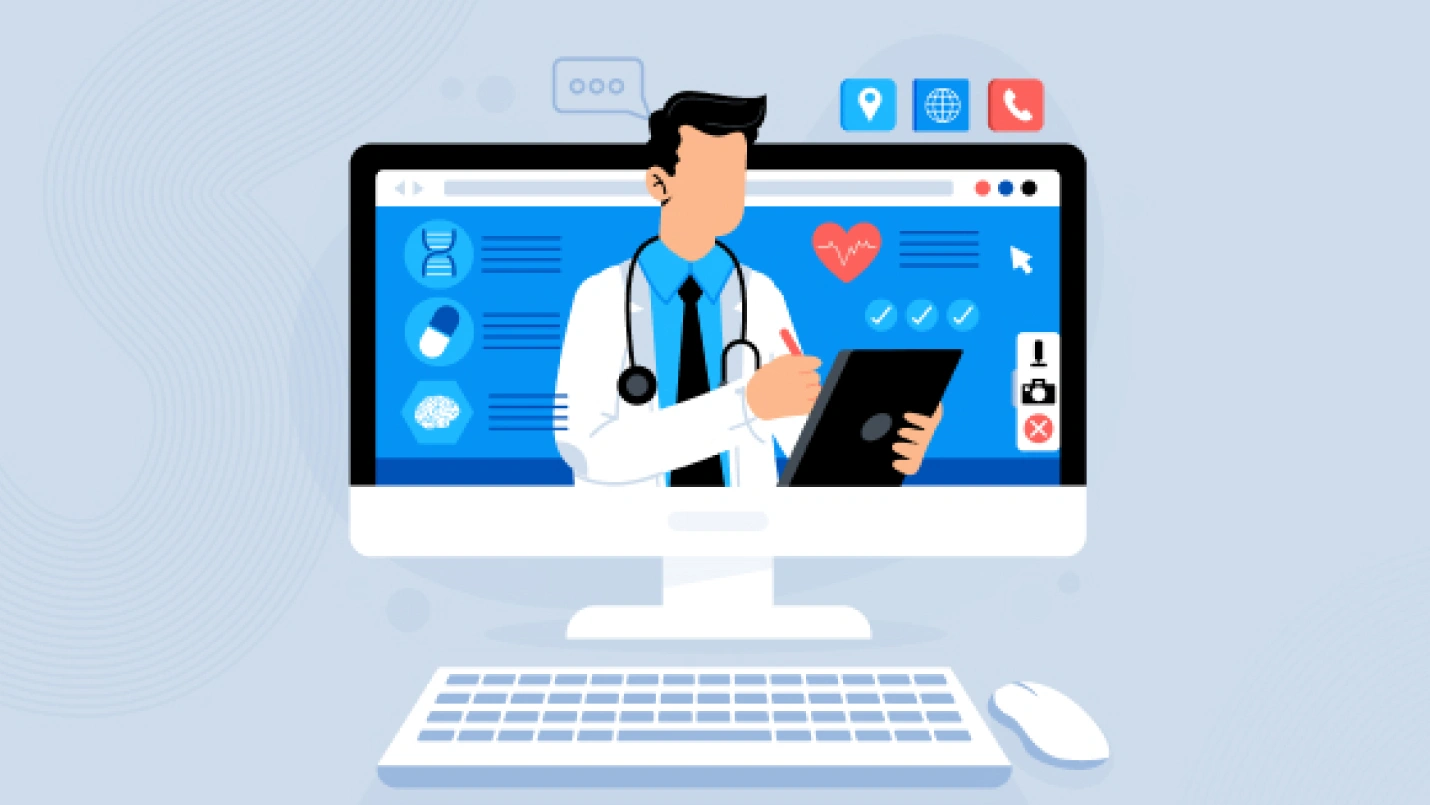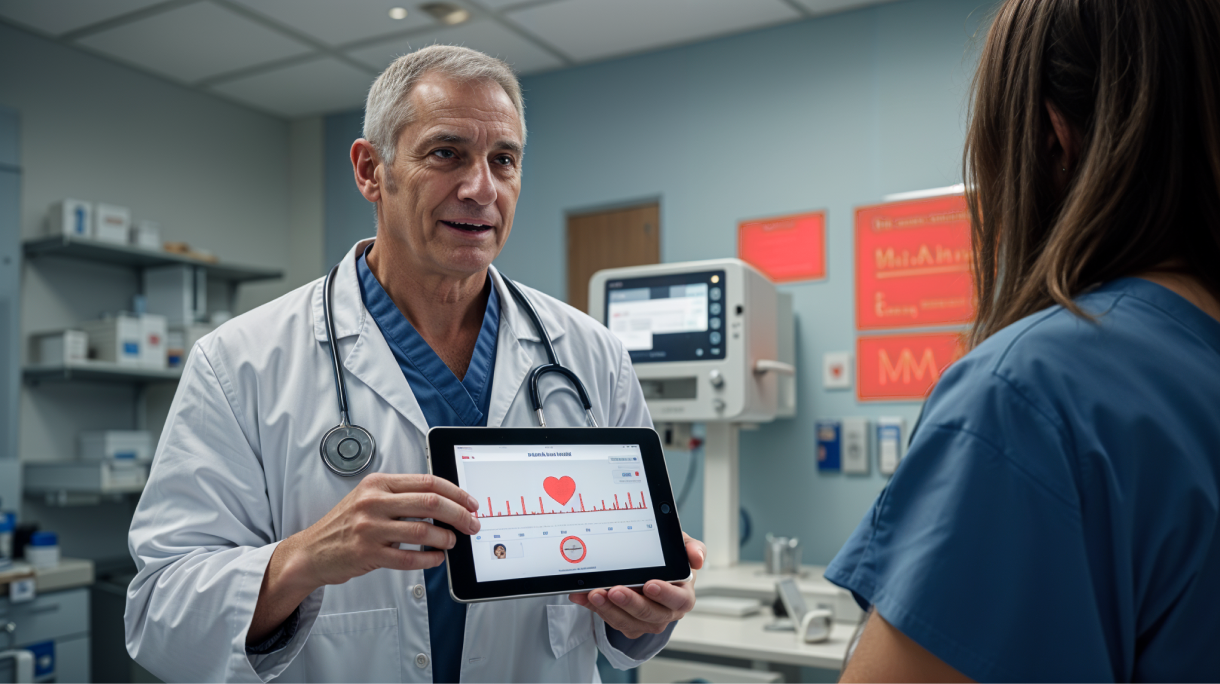
The Rising Importance of Data in Healthcare Management
The ability to harness and interpret vast amounts of data has become a critical factor in improving patient outcomes, operational efficiency, and overall quality of care. The healthcare analytics solutions have emerged as powerful tools that enable medical institutions to transform raw data into actionable insights. These solutions leverage advanced technologies such as artificial intelligence, machine learning, and big data analytics to process and analyze complex healthcare information, ranging from patient records and clinical trials to financial data and operational metrics.
Enhancing Patient Care Through Predictive Analytics and Personalization
One of the most significant benefits of healthcare analytics solutions is their ability to improve patient care through predictive analytics and personalized treatment plans. By analyzing historical patient data, genetic information, and treatment outcomes, these systems can identify patterns and risk factors that may not be immediately apparent to healthcare providers. This capability allows medical professionals to anticipate potential health issues before they become critical, enabling early intervention and preventive care. Furthermore, it can help tailor treatment plans to individual patients based on their unique characteristics, medical history, and response to previous interventions, leading to more effective and personalized care.
Streamlining Operations and Optimizing Resource Allocation in Healthcare Facilities
Healthcare institutions face constant challenges in managing resources, scheduling staff, and optimizing operational efficiency. Healthcare analytics solution will offer powerful tools to address these challenges by providing real-time insights into various aspects of hospital operations. By analyzing data on patient flow, equipment utilization, and staff performance, these systems can help administrators make informed decisions about resource allocation, staffing levels, and process improvements. This data-driven approach can lead to significant cost savings, reduced wait times, and improved patient satisfaction. Additionally, analytics solutions can assist in inventory management, ensuring that medical supplies and pharmaceuticals are stocked at optimal levels to meet demand without unnecessary waste.
Advancing Medical Research and Clinical Trial Management
The field of medical research stands to benefit greatly from the implementation of healthcare analytics solutions. These systems can process vast amounts of research data, helping scientists identify patterns, correlations, and potential breakthroughs that might otherwise go unnoticed. In clinical trial management, analytics solutions can streamline the process of patient recruitment, data collection, and analysis, potentially accelerating the development of new treatments and therapies. By leveraging machine learning algorithms, these tools can also assist in identifying suitable candidates for clinical trials based on specific criteria, improving the efficiency and effectiveness of research efforts.
Ensuring Regulatory Compliance and Enhancing Fraud Detection
In an increasingly regulated healthcare environment, maintaining compliance with various laws and standards is crucial for medical institutions. It plays a vital role in this aspect by monitoring and analyzing data to ensure adherence to regulatory requirements such as HIPAA and GDPR. These systems can automatically flag potential compliance issues, allowing institutions to address them proactively. Moreover, advanced analytics tools are instrumental in detecting and preventing healthcare fraud by identifying unusual patterns in claims data, billing practices, and prescription behaviors. This capability not only protects the financial interests of healthcare providers but also safeguards patients from potentially harmful fraudulent activities.






















